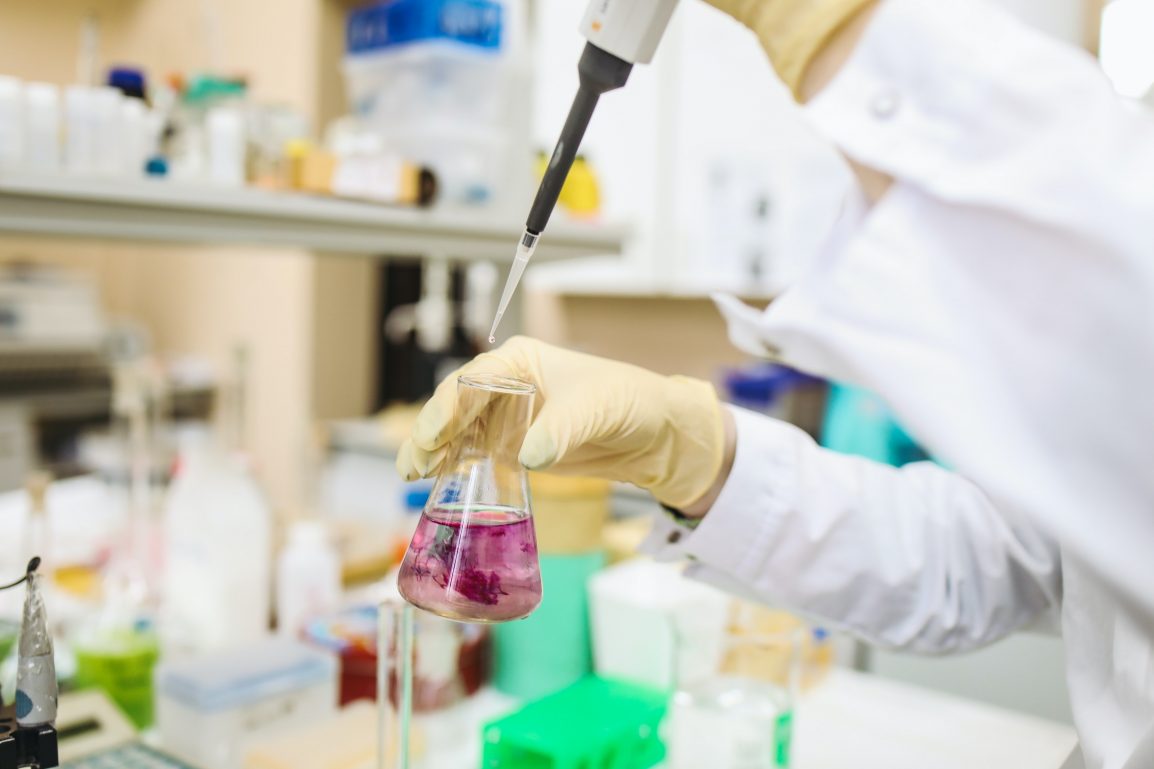For the past two summers, I had the utmost privilege to work as an assistant student researcher at New York Medical College. Even when I was a little girl, I was always curious about the world around me. That curiosity extended to the science experiments I used to conduct in my kitchen while my parents were working. Whether to be creating density experiments or exploding baking soda volcanoes, I loved how the technicalities of the scientific world could apply to the things I used every day. As I grew older, I saw that researching in the lab would fit my affinity for thinking analytically and my love for science. Not only that, I also realized that being an experienced researcher would act as my springboard for future opportunities. So, for all of you science lovers with an investigative spirit, here are 3 reasons why you should become a science researcher!
1. It’s fulfilling.
Real talk now, I’ve always been a control freak. So, entering the lab with zero technical knowledge about how the equipment worked and the nitty gritty details behind advanced scientific topics was extremely frightening. As I gradually gained experience dealing with the equipment and learned how to comb through technical science research reports, I noticed how much that fear of the “unknown” subsided. I started to see how much I was learning just by doing. My experiences dealing with difficult concepts in the lab prepared me for the difficult concepts I tackled in AP courses in high school. Instead of freaking out over complex topics, I learned to take a step back, break the concept up into little pieces, and then understand it completely.
2. It teaches you to learn from your mistakes.
One of my biggest flaws is my fear of failure. During the school year, I would be deathly afraid of failing a test or looking bad in front of a teacher. When I first entered the lab, I made a lot of mistakes. Whether it be handling the equipment incorrectly or even missing a decimal point doing calculations, I “failed” on multiple occasions and this made me incredibly upset and frustrated. With help from my mentor, however, I learned to get over these failures and learn from my mistakes. My failures gave me the added determination to get things right and turn out my best work. At the end of my internship, I was able to take pleasure in how much I had improved and it made me appreciate the value of hard work and dedication. Becoming a good researcher doesn’t always mean getting everything right. It does mean understanding our mistakes, accepting them, and rectifying where you went wrong.
3. It gives you a taste of a future in research
Research is a truly rewarding experience. Through my time researching, I met a lot of distinguished scientists, competed at research competitions, and got a taste of a future in scientific research. Though research can get a bit lonely, it does allow you to actively search for answers and contribute something meaningful to the scientific community. If you’re more of an introvert, becoming a science researcher might be a perfect career option. But, extroverts can also succeed in this field. A good researcher is not just a responsible scientist, but a great communicator as well. In order to be recognized for your work, good communication skills are vital, especially if you’re competing at science research symposiums or fairs.
If you’re interested in learning more about how you can become a science researcher, please visit this article written by the Huffington Post. It gives you tips on how to find a mentor and start investigating! Good luck!
How to Get Involved with Research in High School

